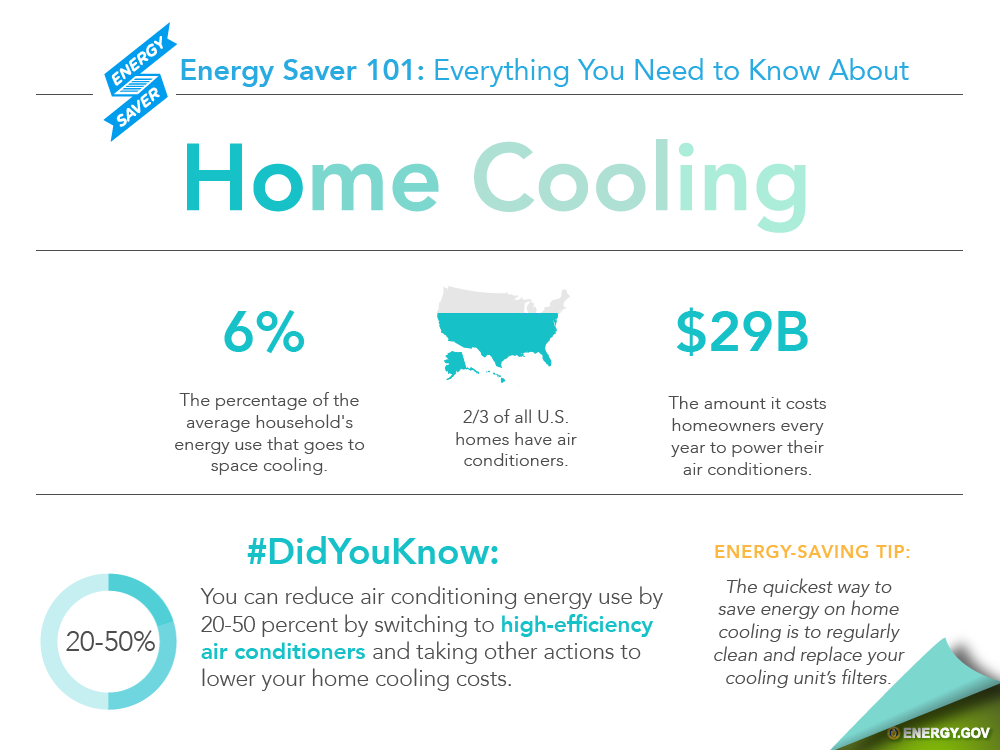Frequent Mistakes To Avoid When Setting Up A Heat Pump
Frequent Mistakes To Avoid When Setting Up A Heat Pump
Blog Article
https://best-heating-company-near88876.blog-ezine.com/30609234/reveal-the-important-factors-to-consider-for-selecting-the-appropriate-dimension-heatpump-for-your-family-advertising-optimum-comfort-and-operational-effectiveness By-Dowling Morris
When setting up a heatpump, you have to avoid typical mistakes that might threaten its performance. Overlooking correct sizing may lead to ineffectiveness and higher energy prices. Neglecting insulation and sealing can result in energy wastage and pressure on the unit. In addition, placing the outdoor system improperly may influence its efficiency. By preventing https://businesstech.co.za/news/motoring/577418/12-tips-to-help-save-on-fuel-when-driving-in-south-africa-and-how-much-your-aircon-costs-you/ , you can guarantee optimum functioning and longevity of your heat pump system.
Improper Sizing of Heat Pump
When it comes to the installation of heat pumps, one of one of the most common blunders is poorly sizing the device for your room. Guaranteeing the appropriate dimension is essential for ideal efficiency. If the heat pump is too little, it will certainly battle to heat or cool your area effectively, bring about enhanced power expenses and possible wear and tear on the system.
On the other hand, if the heatpump is also huge, it will certainly cycle on and off regularly, triggering temperature level fluctuations and minimizing its lifespan.
To avoid this blunder, it's necessary to have an expert analyze your space and suggest the proper dimension of the heatpump based upon factors like square footage, insulation, ceiling elevation, and regional climate. By investing the moment and initiative to make certain the correct sizing, you can enjoy a comfy setting while making best use of power efficiency and lengthening the lifespan of your heat pump.
Inadequate Insulation and Sealing
To guarantee the effective procedure of your heat pump, it's vital to attend to insufficient insulation and sealing in your space. Proper insulation assists maintain a consistent temperature level inside, minimizing the workload on your heat pump. Inadequate insulation can lead to energy loss, making your heat pump work harder and less efficiently.
Securing any spaces or leakages in your space is similarly important. These spaces allow conditioned air to get away and exterior air to seep in, compeling your heatpump to make up for the temperature variations.
Incorrect Placement of Outdoor Unit
Dealing with the positioning of your heat pump's outdoor device is vital to enhancing its performance. Mounting the outside unit in a wrong place can bring about effectiveness problems and prospective damage to the system.
One common error to stay clear of is putting the outside unit as well near a wall surface or other structures. air-conditioner can restrict airflow, causing the device to work harder to warm or cool your area, inevitably minimizing its efficiency and life expectancy.
Another mistake to avoid is positioning the outdoor unit in straight sunlight. While https://garrettrlfau.ziblogs.com/30600038/uncover-the-essential-factors-to-consider-for-selecting-the-proper-size-heatpump-for-your-house-advertising-optimum-convenience-and-functional-performance is unavoidable, excessive direct exposure can bring about overheating, specifically throughout hot summer days. It's finest to position the exterior device in a shaded location to aid keep its optimal operating temperature level.
Moreover, make certain that the exterior device is placed on a secure and level surface area. Uneven ground can cause resonances and unneeded pressure on the unit, influencing its performance gradually.
Conclusion
Finally, staying clear of typical blunders during heat pump setup is vital for making best use of effectiveness and durability of your system. By making certain proper sizing, adequate insulation, securing, and proper placement of the outside system, you can prevent problems such as inefficiencies, increased power costs, and stress on the unit. Making the effort to address these key elements will ultimately conserve you time and money in the long run.
